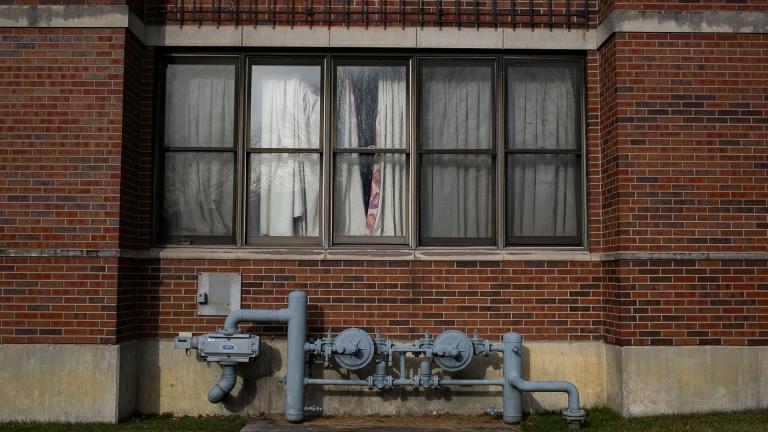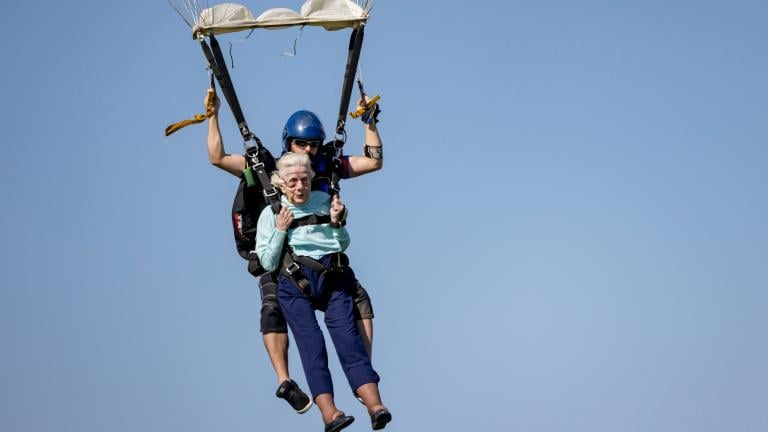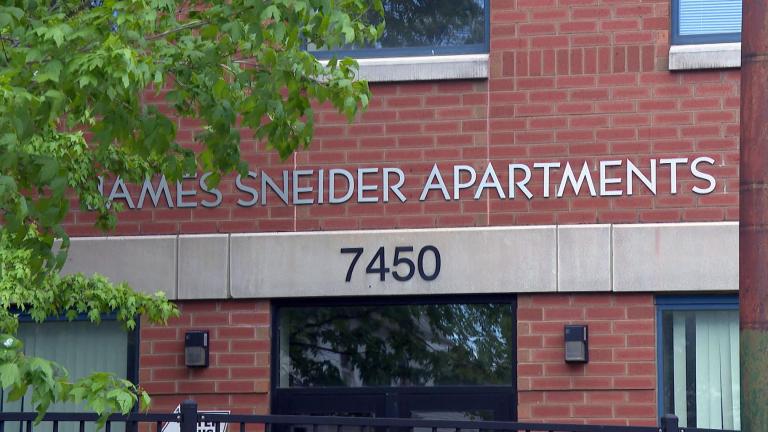Nursing homes have been hit especially hard by COVID-19.
Nearly 410,000 residents have contracted the coronavirus as of early December, according to the Centers for Medicare and Medicaid Services, and 350,711 staff members have also been infected.
One Chicago-based foundation is now trying to change the way these facilities are ranked — a move they say will put the focus on the care of residents.
“I’m a physician-scientist at Lurie Children’s with Northwestern and we take care of patients, we do everything we can to make sure the child is at the center of that, to make sure the families are comfortable,” said Dr. Debra Weese-Mayer, president of The Mayer-Rothschild Foundation, which is based in Chicago. “But that’s not always the case, especially with adults.”
The foundation recently announced its first step in creating what it calls the “designation of excellence,” by awarding a grant to the University of Maine Center on Aging and The Cedars, a retirement community in Portland, Maine. Through the grant, the university and retirement community will explore ways to implement high-quality care that focuses on residents, Weese-Mayer said. There is no definition or standard guidelines for person-centered care, she added, so this research will allow the foundation to develop a policy for a set of standards for long-term homes that will focus on the needs of patients.
“The beauty of the vision is that the resident is at the core. Adults want to make choices in homes—they should be allowed to make choices,” Weese-Mayer said. “Part of this excellence is hearing the resident’s voice.”
Long-term care facilities have also faced many hardships during the pandemic, and not all of them were prepared, she said. However, the pandemic could give homes an opportunity to reevaluate their models and look towards more resident-focused care.
“I think the pandemic inspired people to embrace this [model],” Weese-Mayer said. “Sometimes it takes something so profound as a pandemic to help people see what was the right thing to do all along.”
Note: In an earlier version of this story, we misspelled the name of Dr. Debra Weese-Mayer. The story has been corrected.








